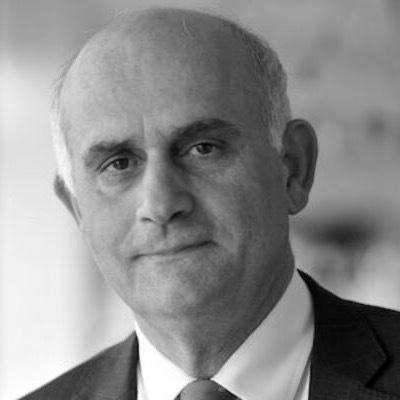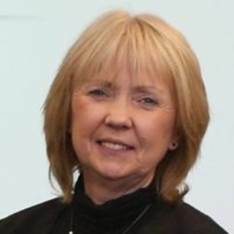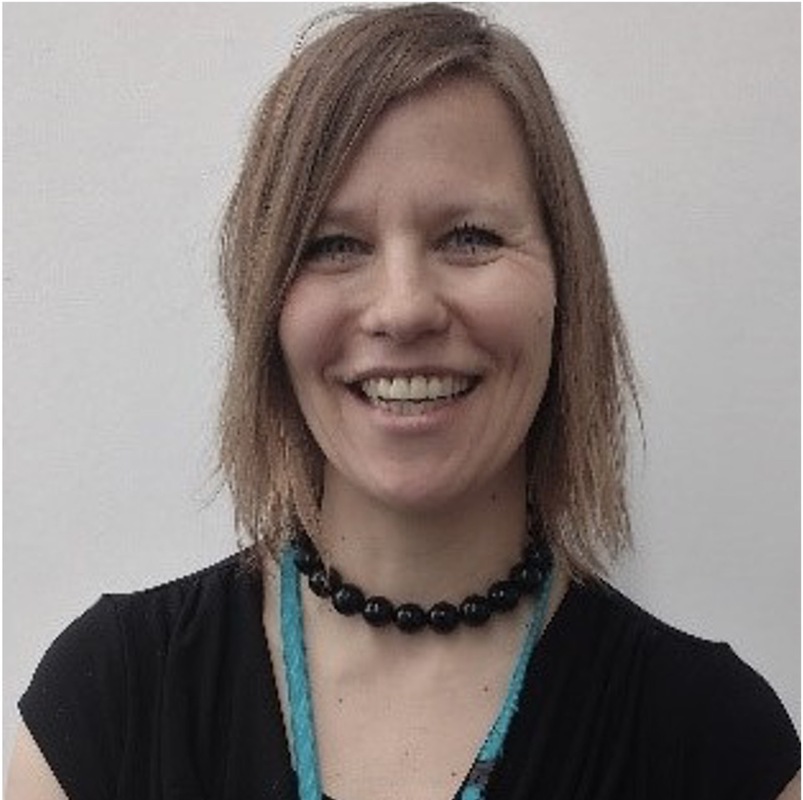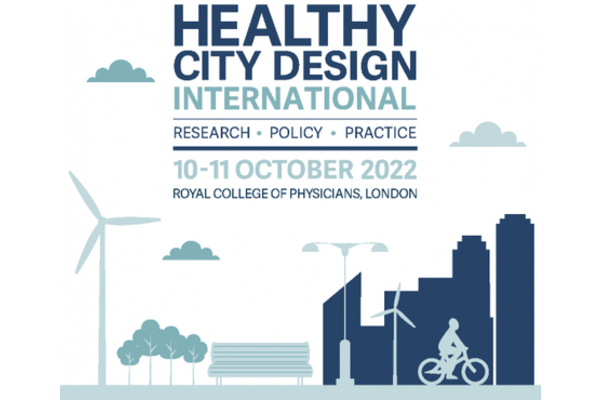Organised by SALUS Global Knowledge Exchange in collaboration with The Helen Hamlyn Centre for Design, Royal College of Art, the Healthy City Design 2022 International Congress & Exhibition will be held from 10 – 11 October 2022 at the Royal College of Physicians and streamed virtually online.
The Academy are delighted to be partnering with Salus Global for their 2022 Healthy City Design International Congress and to be presenting a panel discussion as part of the Congress on Tuesday 11 October.
AoU Panel: Mechanisms to Change Behaviour in Order to Achieve Healthier Places
Before we can achieve healthier cities, we need to think about changing behaviours at many different levels. Working at the micro-scale e.g. neighbourhoods and smaller communities as in a rural setting, would provide us with the tools to implement measures in much bigger settings such as cities. The panel’s discussion will focus on this big hurdle and the need for everyone (planners, developers, Local Authorities and the body of people which we call ‘’the citizens’’) to change our approach towards tackling Health. Why is it that Utrecht has made Health the lynchpin of all their different strategies for that city and yet in the UK (whilst lip service is often paid to healthier places) when it comes to it the first question is invariably –‘’what are we going to do about traffic’’? or ‘’how can we achieve a stronger economy’’? or about housing delivery etc.
The Academy's panel discussion on Tuesday 11 October will explore theory, policy as well as practical case studies in an effort to break this behavioural deadlock and to provide some direction towards achieving the objective of healthier cities.
Panelists

Andreas Markides (Chair)
Andreas is experienced in the planning, design and management of major development projects, urban extensions and town centre regeneration schemes; he has also been involved in the design and supervision of infrastructure works. His specialist traffic expertise includes traffic impact studies for new development proposals, highway design, development of transport strategies and expert witness at Planning inquiries. He set up Markides Associates in October 2016 which currently employs more than 30 transport planners and engineers.
For three years, he served on the Committee of the Thames Valley branch of the Institution of Civil Engineers and he was chairman of that Association (AMG&S) for the period 1989/90. He was President of the Chartered Institution of Highways and Transportation (CIHT) for 2017-2018 and is currently a Trustee of that Institution. He is also a founding member and current Vice-Chair of the Academy of Urbanism. In 2014 he acted as Planning Commissioner for the island of Cyprus.

Joan Devlin
Joan is Chief Executive Officer of Belfast Healthy Cities, representing Belfast within the WHO European Healthy Cities Network. She has extensive experience of working locally with communities and engaging other sectors to develop collaborative ways in innovative projects on new and emerging public health issues, to promote health and wellbeing and reduce inequalities.
As a member of the WHO European Healthy Cities Network, Belfast Healthy Cities has introduced new themes as well as the latest evidence to the city to support policies outside of the health sector to promote health and well-being. Joan was Head of the WHO European Healthy Cities Secretariat from 2008 – 2018, has worked with many cities in Ireland, UK and across WHO Europe, acting as a WHO consultant in various roles to support the development of Healthy Cities in other WHO European countries.

Kat Hasler
Kat is a social geographer with a Masters in Public Health and a varied career including 15 years in public health and prior to that several years in the arts. Her latest remit as Place Outcomes Lead in the Planning and Architecture Division of Scottish Government includes working with a range of policy areas including climate change to embed place-based approaches. She still continues to have a strong role in the ongoing national Place Standard programme, which includes provision of support to local government, public, private and third sector organisations, and communities to use the tool.
She is similarly active internationally, working with a range of partners across Europe, including recently joining the International Working Group "Urban Planning for Health Equity" at the invitation of the ARL - Academy for Territorial Development in the Leibniz Association.

David Rudlin
David is a director of URBED (Urbanism, Environment and Design), past Chair of the Academy of Urbanism and Honorary Professor at Manchester University. He was one of the principle authors of the government's National Model Design Code published July 2021 and in 2014 was the winner of the Wolfson Economics Prize. His third book Climax City, written with Shruti Hemani, was published in 2019 and he writes a monthly column for Building Design Magazine. A planner by training he has worked at URBED for 30 years leading their award-winning urban design and masterplanning work.

Emma Wilson
Emma is a highly knowledgeable housing professional with over 15 years’ experience in the housing sector where she has specialised in affordable housing and estate regeneration.
Emma is an excellent collaborator and co-creator bringing professional expertise together to make a tangible difference to the development of communities and neighbourhoods where quality, affordable homes are needed most.
Emma led on the development of Sovereign’s Homes and Place Standard, launched earlier this year.





